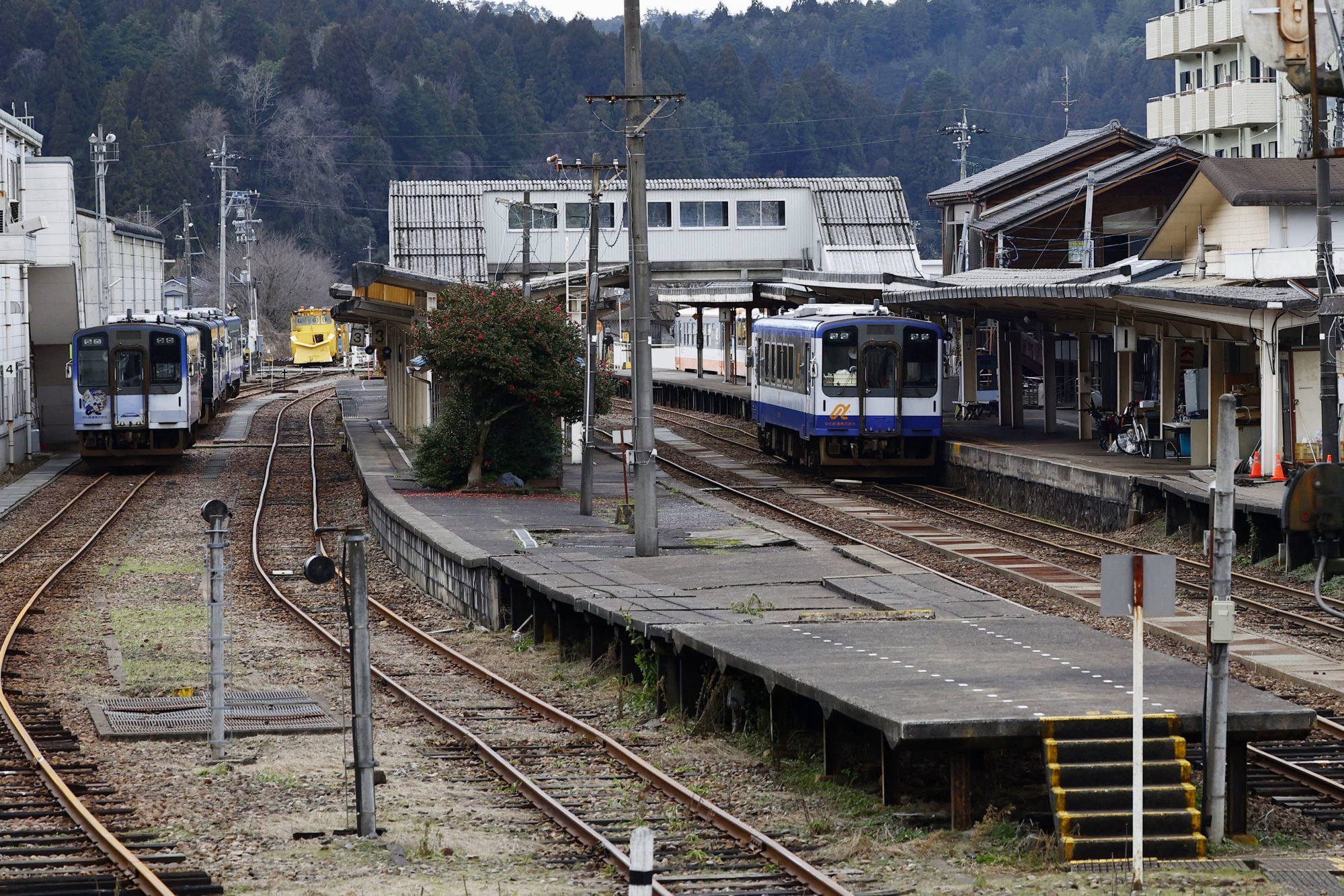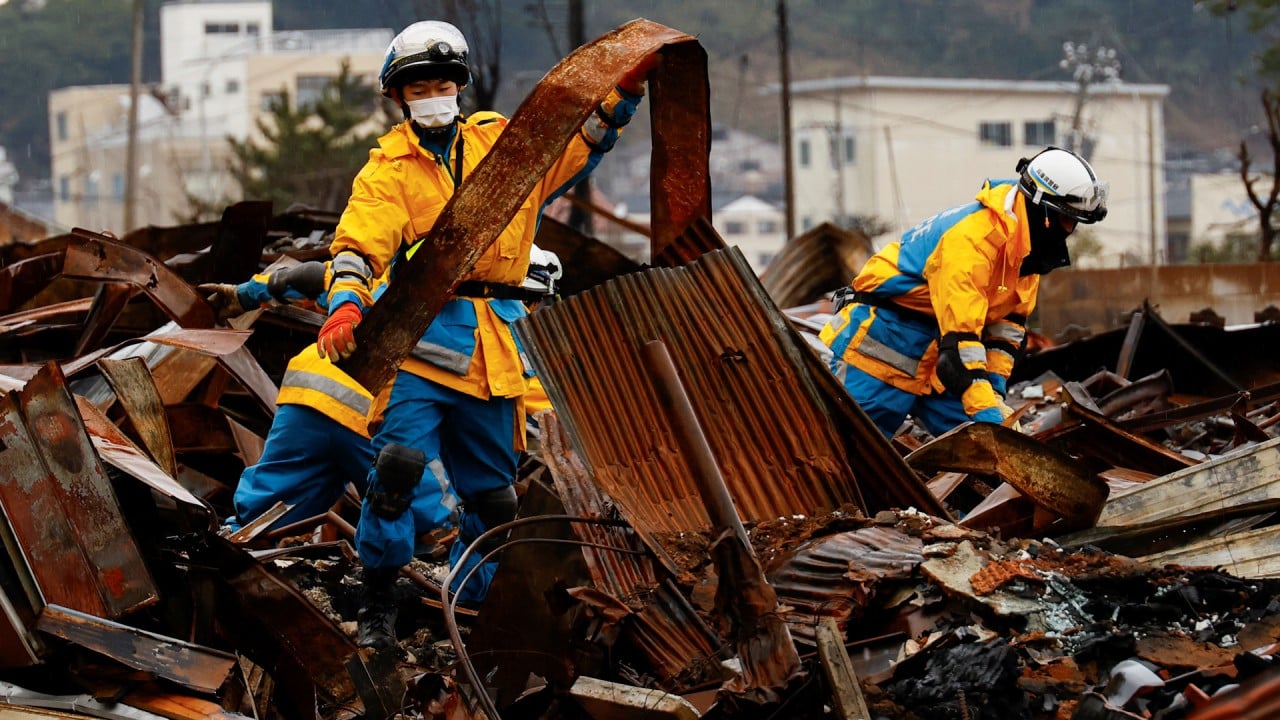Prefectural authorities confirmed to This Week in Asia that they intended to prioritise the allocation of recovery funds towards basic reconstruction that would aid Noto residents, with the rebuilding of roads and the restoring water, sewage and electricity services being top concerns.
‘Pretty frightening’: survivors recall experience of powerful Japan quake
‘Pretty frightening’: survivors recall experience of powerful Japan quake
According to local police, 233 people have been confirmed dead and another 20 are still listed as missing. The vast majority were killed when buildings collapsed.
Aftershocks from the initial quake continue to rattle the region, with two minor tremors reported on Wednesday following eight minor quakes the day before.
Experts have confirmed that the January 1 quake was triggered when one of three active faults northeast of the peninsula shifted, and warned that the two other faults have barely moved.
Kenji Satake, a professor at the University of Tokyo’s Earthquake Research Institute, cautioned in an interview with the Yomiuri newspaper that the two other active faults could slip and potentially unleash another magnitude-7 quake that would trigger a tsunami of up to 3 metres.
Nevertheless, work to rebuild the worst-affected communities on the Noto Peninsula needed to commence immediately, said Takashi Nakamoto, a spokesman for the prefectural government of Ishikawa.
“We must focus on the roads, restoring electricity supplies and the water networks,” he said. “These are the lifelines for local residents, and it causes serious problems when any of those lifelines is severed. These will be repaired first, as they are the most important.”
The next step would be to construct resilient infrastructure to protect life and property from damage caused by future natural disasters, he said, adding that such infrastructure would benefit the region’s tourism industry in the long run.
The timing of the disaster is deeply unfortunate for the prefecture’s travel sector, which was beginning to recover from the impact of the coronavirus pandemic. Some 12.31 million domestic and foreign visitors visited in 2022, but that figure recovered to 18.25 million last year.
‘Completely crazy’: Japanese hit out at Ukraine aid as quake death toll rises
‘Completely crazy’: Japanese hit out at Ukraine aid as quake death toll rises
“But on the Noto Peninsula, the focus needs to be on helping the people and rebuilding their lives,” he said. “That needs to be the priority for the next 18 months or so, and there is no point in attempting to attract tourists there until the situation has improved.”
Given that, he said, the industry had a clean slate to rebuild tourist facilities that could be the envy of the rest of the country and really emphasise the region’s unique historic and cultural attractions, rather than “rebuilding ugly concrete hotels and towns”.
“Inbound tourist numbers collapsed in 2011 and 2012 because of fears over the radiation, but Tohoku rebuilt quickly and demand kicked in again in 2013 because the government dropped most visa requirements for travellers from Southeast Asia and, eventually, China,” he said.

“The Noto Peninsula has been hit hard, but I’ve not heard of any companies reporting cancellations among foreign travellers, mostly because Noto was not on their itineraries,” he said.
“But it’s nothing like Tohoku’s ‘triple-whammy’ of earthquake, tsunami and nuclear crisis, so I’m very optimistic that travel firms in Noto will be able to put this behind them fairly quickly.”


